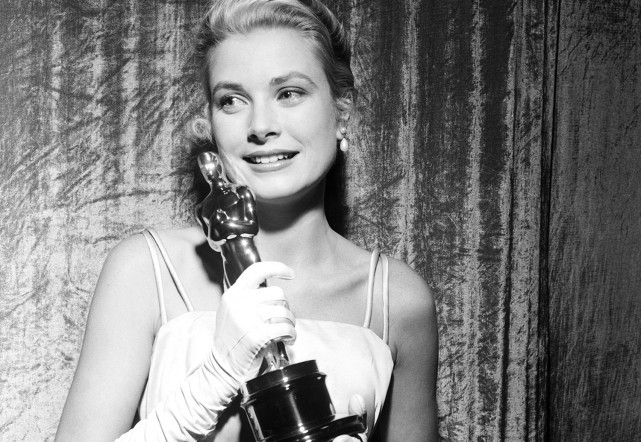
The Oscars are the absolute pinnacle of awards ceremonies. This years event was no exception and, as usual, the winners list featured both those who have long-deserved recognition and a few unexpected names. Leonardo DiCaprio finally walked away clutching a golden statue after numerous disappointments over the years, but for many, the film Spotlight claiming Best Picture was the surprise of the night with odds of just 80/1 to win. It seems that the Oscars have always been littered with unpredictable results. Take a look at these ten jaw-dropping wins nobody saw coming.
1941: How Green Was My Valley, Best Picture
Still regarded as one of the best films ever made, Orson Welles Citizen Kane was regarded as a shoo-in for Best Picture. It wasnt to be however, as How Green Was My Valley, a film about Welsh coal miners striking, won the coveted gong.
1951: An American in Paris, Best Picture
In 1951 A Streetcar Named Desire starring Marlon Brando, with its sexual tension, violence and poverty, was widely expected to win Best Picture but underdog An American in Paris, with Gene Kelly ultimately took the prize.
1954: Grace Kelly, Best Actress

Grace Kelly, who went on to become Princess Grace of Monaco, beat rival Julie Garland in 1954. Garland had given what many still regard as an outstanding and Oscar-worthy performance in A Star is Born, but this time she wasnt the star.
1973: Bob Fosse, Best Director
For many people, Francis Ford Coppolas The Godfather is the greatest film ever. Despite this, he lost out on the Best Director award to the man behind Cabaret, Bob Fosse. Set in wartime Berlin and focused on the exploits of a raunchy cabaret dancer determined to live her precarious life to the full, the film won six Oscars in all.
1996: Juliette Binoche, Best Supporting Actress
Juliette Binoche was up against big timer Lauren Bacall for this award. Audiences were surprised when her performance in the English Patient was heralded as better than that of her rival in The Mirror has Two Faces.
1999: Robert Benigni, Best Actor
In 1999 Roberto Benigni beat film-world darling Tom Hanks as Best Actor. Hanks had been definite favourite for his spell-binding performance in Saving Private Ryan. Benigni won for his performance in Life is Beautiful.
1999, Shakespeare in Love, Best Picture
The film Shakespeare in Love dominated almost every category at the 1999 Oscars. The romantic comedy took seven trophies in all. The films claim to the Best Picture award surprised many, not least of all Steven Spielberg, whose film Saving Private Ryan had been strongly predicted to win.
2002: Denzel Washington, Best Actor
In 2002, Will Smith was riding the crest of success. Hed spent over a year training to play Muhammad Ali in Michael Manns biographical film Ali. Despite this, it was Denzel Washington who swooped in and claimed top place for his performance as Alonzo Harris in what was widely considered a relatively mediocre film – Training Day.
2006: Crash, Best Picture

Jack Nicholson was tasked with presenting the Best Picture award at the 2006 Oscars and, as he did so, his face betrayed his surprise. The veteran Hollywood actors trademark quizzical eyebrows were working overtime when he announced that Crash had beaten Brokeback Mountain to the accolade.
2009: Kathryn Bigelow, Best Director
James Camerons Avatar grossed $2 billion but that wasnt enough to secure him Best Director at the 2009 Academy Awards. That honour went to Camerons ex-wife, Kathryn Bigelow for her film The Hurt Locker, which also scooped Best Picture.
All these surprise wins just show that when it comes to Hollywood, almost anything can happen and until that envelope is opened you cant predict the outcome. There comes a point however, when we must ask, are the Oscars fixed and do the odds favour some films above others?

You must be logged in to post a comment.